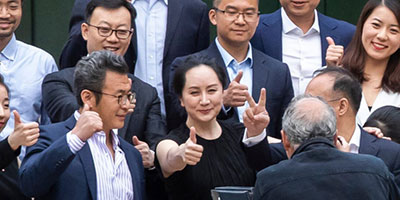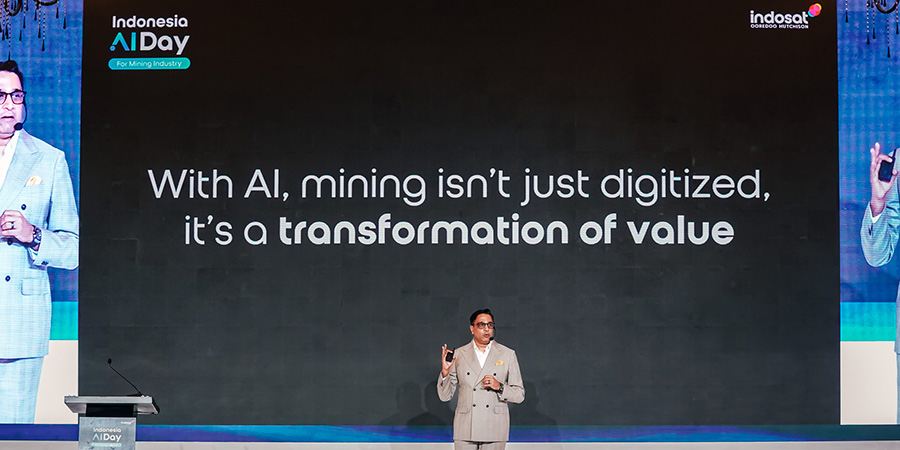
Lawyers of Huawei executive Meng Wanzhou, subject to extradition proceedings at the request of U.S. justice, are now allowed to argue that the U.S. had deceived Canada to obtain her arrest.
At a hearing held last month, the chief financial officer’s lawyers said they believed the evidence was strong enough to prove that the United States omitted key components of the case that undermine allegations of fraud against their client.
This decision is in line with the defense, which argues that the rights of Meng Wanzhou, CFO of the Chinese group Huawei, were violated when she was arrested on December 1, 2018 at the Vancouver airport, as the U.S. courts accused her of having circumvented U.S. sanctions against Iran. Her lawyers, who want the extradition process to be overturned, had argued that the Americans had “blatantly deceived Canada” to obtain her arrest and defended the admission of new evidence.
“I have concluded that there is an air of reality in Ms. Meng’s allegations of abuse of process regarding the conduct of the requesting state,” said B.C. Supreme Court Justice Heather Holmes.
Ms. Meng is accused of lying to HSBC Bank about the relationship between Huawei and Skycom, a subsidiary that sold telecom equipment to Iran, in a 2013 Powerpoint presentation exposing the bank to U.S. sanctions.
The Canadian prosecutor’s lawyer had urged Judge Holmes to “refuse to spend valuable time in court on matters that have no chance of success.”
“Some of this evidence may realistically call into question the reliability (of the case file) on issues relevant to the hearing,” however, the judge said.
Meng Wanzhou’s arrest triggered an unprecedented diplomatic crisis between Ottawa and Beijing.
New preliminary hearings are scheduled for next month and early 2021.







